The Intersection of Philosophy and Revolution
Philosophy and revolutionary thought have been intertwined throughout history, serving as catalysts for social, political, and cultural upheavals. Philosophers do more than reflect on abstract questions; they often tackle urgent social concerns, challenging us to rethink our ethical obligations and societal structures. Revolutionary philosophy has propelled human societies to imagine new realities, from dismantling feudal structures to advocating for universal human rights. This interplay between philosophy and revolutionary change highlights the role of thinkers as architects of progress.

"The philosophers have only interpreted the world, in various ways. The point, however, is to change it."
Karl Marx
All of our content is free to access. An independent magazine nonetheless requires investment, so if you take value from this article or any others, please consider sharing, subscribing to our mailing list or donating if you can. Your support is always gratefully received and will never be forgotten. To buy us a metaphorical coffee or two, please click this link.
Table of Contents
*All Book Images Open a New tab to our Bookshop
**If you buy books linked to our site, we get 10% commission from Bookshop.org, whose fees support independent bookshops.
Ancient Beginnings: Socrates and Plato’s Challenges to Tradition
The earliest revolutionary thinkers, such as Socrates and Plato, emphasized questioning authority and the pursuit of truth. Socrates, regarded as one of the fathers of Western philosophy, sought to uncover underlying truths by engaging Athenians in dialogues that exposed contradictions in commonly held beliefs. His commitment to inquiry and intellectual freedom eventually led to his execution, symbolizing the risks inherent in challenging societal norms.
Plato, Socrates’ student, advanced this legacy by envisioning an ideal society in *The Republic*, proposing that rulers should be philosopher-kings with the wisdom and moral clarity to lead justly. Though theoretical, his ideas laid the groundwork for revolutionary thinking by suggesting that only through enlightened governance could societies achieve harmony. In the East, Confucius advocated for societal reform through ethical leadership, teaching that rulers should serve as moral exemplars. These ancient philosophers set the stage for the intellectual battles over power, justice, and governance that would unfold over centuries.
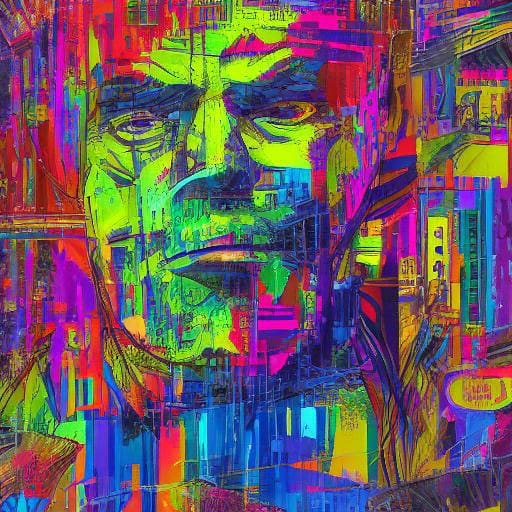
The Enlightenment: Rationality and the Rights of Man
The Enlightenment was a watershed era in which thinkers like John Locke, Jean-Jacques Rousseau, and Voltaire fundamentally altered political philosophy by focusing on reason, individual rights, and social contract theory. Locke argued that individuals possess natural rights to life, liberty, and property, influencing modern democratic ideals and the creation of government structures based on popular consent. His ideas became a cornerstone of both the American and French revolutions, establishing a link between philosophy and practical political change.
Rousseau expanded on social contract theory, positing that legitimate political authority derives from the consent of the governed. His belief in collective will as a path to freedom helped shape revolutionary agendas in Europe and beyond, emphasizing that individuals can transcend personal interests to achieve a shared, equitable society. Voltaire’s advocacy for religious tolerance, free speech, and rational discourse underscored a shift away from blind adherence to tradition and authority. Together, these philosophers inspired movements that continue to shape modern political ideals.

Marx and Engels: The Philosophers of Class Revolution
Karl Marx and Friedrich Engels introduced a ground-breaking perspective on economic and social dynamics, asserting that history is defined by the struggle between opposing classes. In *The Communist Manifesto*, they outlined a vision of society where the working class, or proletariat, could overthrow capitalist exploitation and establish a classless society. Marx’s concept of historical materialism explained social change through economic forces, challenging the idea that political institutions or ideologies alone determine societal development.
Their revolutionary ideas became central to labour movements across Europe and inspired the Russian Revolution of 1917, which sought to establish a socialist state. While the outcomes of Marxist-inspired revolutions have been complex and varied, Marx’s analysis of capitalism and his critique of wealth inequality remain deeply influential. Contemporary debates around social justice, economic reform, and the distribution of wealth often draw from Marxist philosophy, showcasing its lasting impact on revolutionary thought.

Existentialism and the Question of Individual Freedom
The existentialist movement, spearheaded by Jean-Paul Sartre and Simone de Beauvoir, shifted revolutionary thinking to focus on individual freedom and responsibility. Sartre’s philosophy of existentialism argued that individuals are defined by their choices, not by predetermined essences, emphasizing the role of personal agency in constructing meaning. This existentialist focus on human freedom resonated during the turbulent mid-20th century, especially amid global conflicts that forced individuals to confront questions of identity, agency, and morality.
De Beauvoir’s work expanded existentialist ideas into feminist thought, challenging traditional roles assigned to women and arguing that gender is socially constructed rather than biologically determined. In ‘The Second Sex’, she critiqued the patriarchal structures that confined women and advocated for their liberation. Her work laid the intellectual groundwork for the feminist movements that followed, showing how philosophy could serve as a tool for social revolution and personal empowerment. This emphasis on individual freedom and the ability to resist societal expectations has continued to influence movements advocating for civil rights, gender equality, and LGBTQ+ rights.
"Those who dare to fail miserably can achieve greatly."
John F. Kennedy
Decolonisation and the Fight for Global Justice
The 20th century brought new revolutionary voices from the Global South as formerly colonised nations sought independence. Frantz Fanon, a revolutionary thinker from Martinique, was pivotal in articulating the psychological and social effects of colonialism. His seminal work, *The Wretched of the Earth*, argues that colonial oppression dehumanizes both the oppressor and the oppressed, fostering violence as a necessary means of liberation. Fanon’s philosophy of decolonization influenced anti-colonial struggles across Africa, Asia, and Latin America, inspiring leaders like Nelson Mandela and Che Guevara.
Similarly, Mahatma Gandhi’s approach to nonviolent resistance galvanized India’s struggle for independence from British rule. Gandhi’s philosophy of ‘ahimsa’ (nonviolence) and ‘satyagraha’ (truth force) demonstrated that resistance could be both ethical and effective, countering oppression with moral authority. His revolutionary philosophy influenced global liberation movements, including the U.S. civil rights movement and South Africa’s anti-apartheid struggle. Fanon and Gandhi’s contributions underscore the transformative potential of revolutionary philosophy in the pursuit of justice and autonomy.
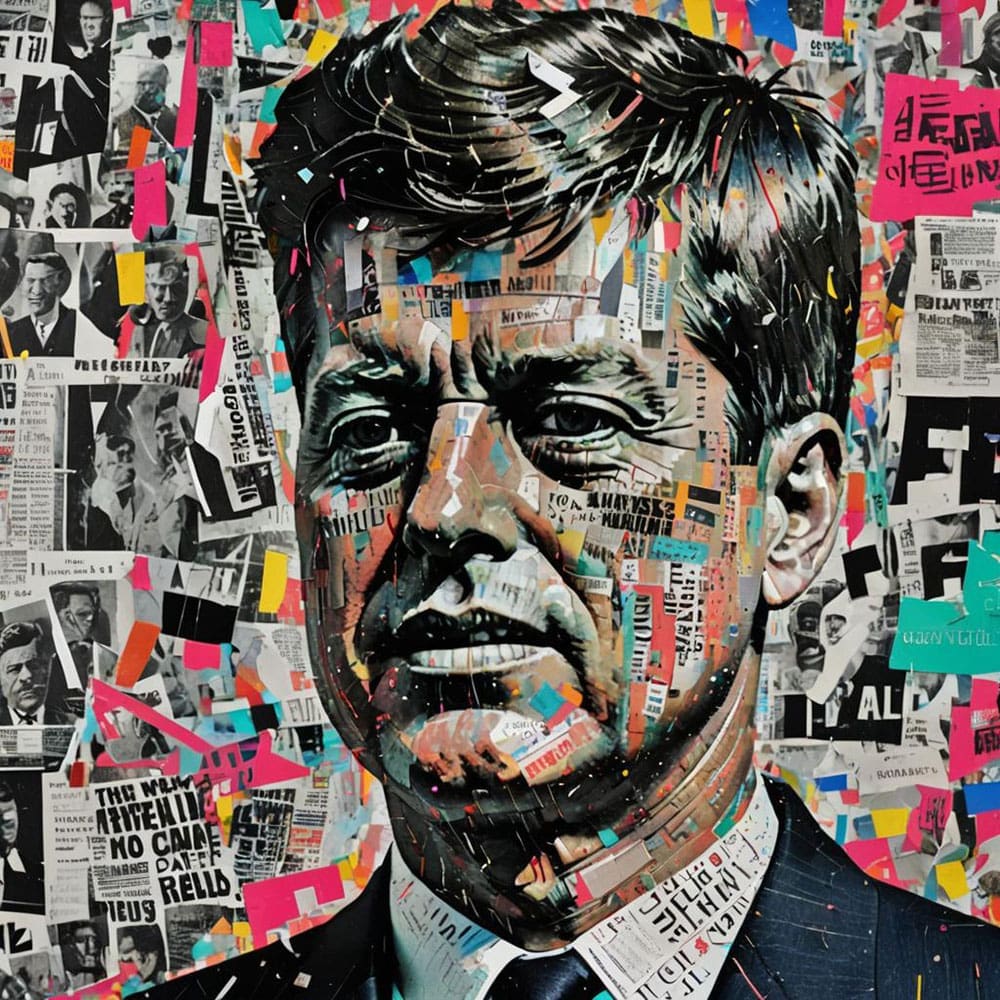
Modern Philosophical Movements: Environmentalism, Feminism, and Digital Rights
Contemporary revolutionary philosophers address complex issues like environmental degradation, digital rights, and gender equality, expanding the boundaries of what revolutionary philosophy can encompass. Arne Naess’s “deep ecology” challenges anthropocentric views by proposing that all living beings have intrinsic worth, independent of their utility to humans. His philosophy inspired the environmental movement, advocating for a profound shift in how humanity views and interacts with nature. Deep ecology has become especially relevant amid today’s climate crisis, with philosophers calling for a rethinking of human responsibility toward the planet.
In feminist philosophy, bell hooks and Judith Butler have expanded earlier revolutionary ideas, introducing the concept of intersectionality, which emphasizes how race, class, and gender intersect to create unique experiences of oppression. Hooks’ ‘Feminism is for Everybody’ advocates for a more inclusive feminism, while Butler’s work on gender performativity questions traditional gender norms, proposing that identity is a fluid and evolving construct. These perspectives have spurred movements for broader social inclusion and the dismantling of systemic oppression.
In the digital age, Shoshana Zuboff’s concept of “surveillance capitalism,” critiques the impact of digital technology on privacy and personal autonomy. Zuboff argues that tech companies commodify personal data for profit, eroding individual freedoms and reshaping human behaviour. Her work raises urgent ethical questions about autonomy and democracy in the digital realm, emphasizing the need for revolutionary approaches to protect human rights in an increasingly data-driven world.

"We are not makers of history. We are made by history."
Martin Luther King Jr.
Philosophers as Architects of Progress
Philosophers have consistently served as both critics and architects of society, fostering revolutionary changes that have transformed human history. From ancient Greece to the digital age, philosophers like Socrates, Rousseau, Marx, Fanon, and Zuboff have addressed the fundamental questions of freedom, justice, and progress. Their ideas challenge us to re-examine the social, economic, and environmental structures that define our lives, inspiring movements for a more equitable and humane world.
As we confront the global challenges of our time, including climate change, inequality, and digital rights, the revolutionary spirit of philosophical inquiry remains crucial. By questioning assumptions, imagining alternatives, and advocating for systemic change, philosophers continue to guide us on the path to progress, illuminating the possibilities for a more just and compassionate future.



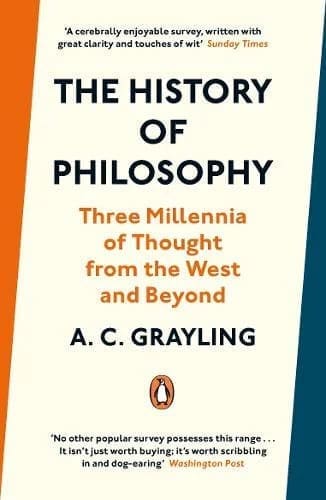
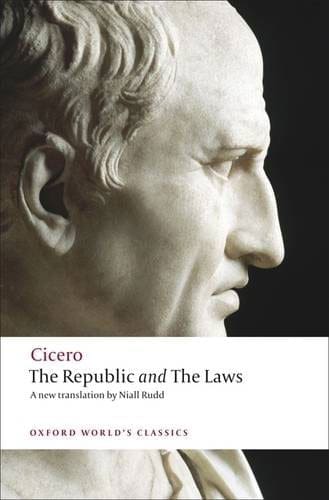




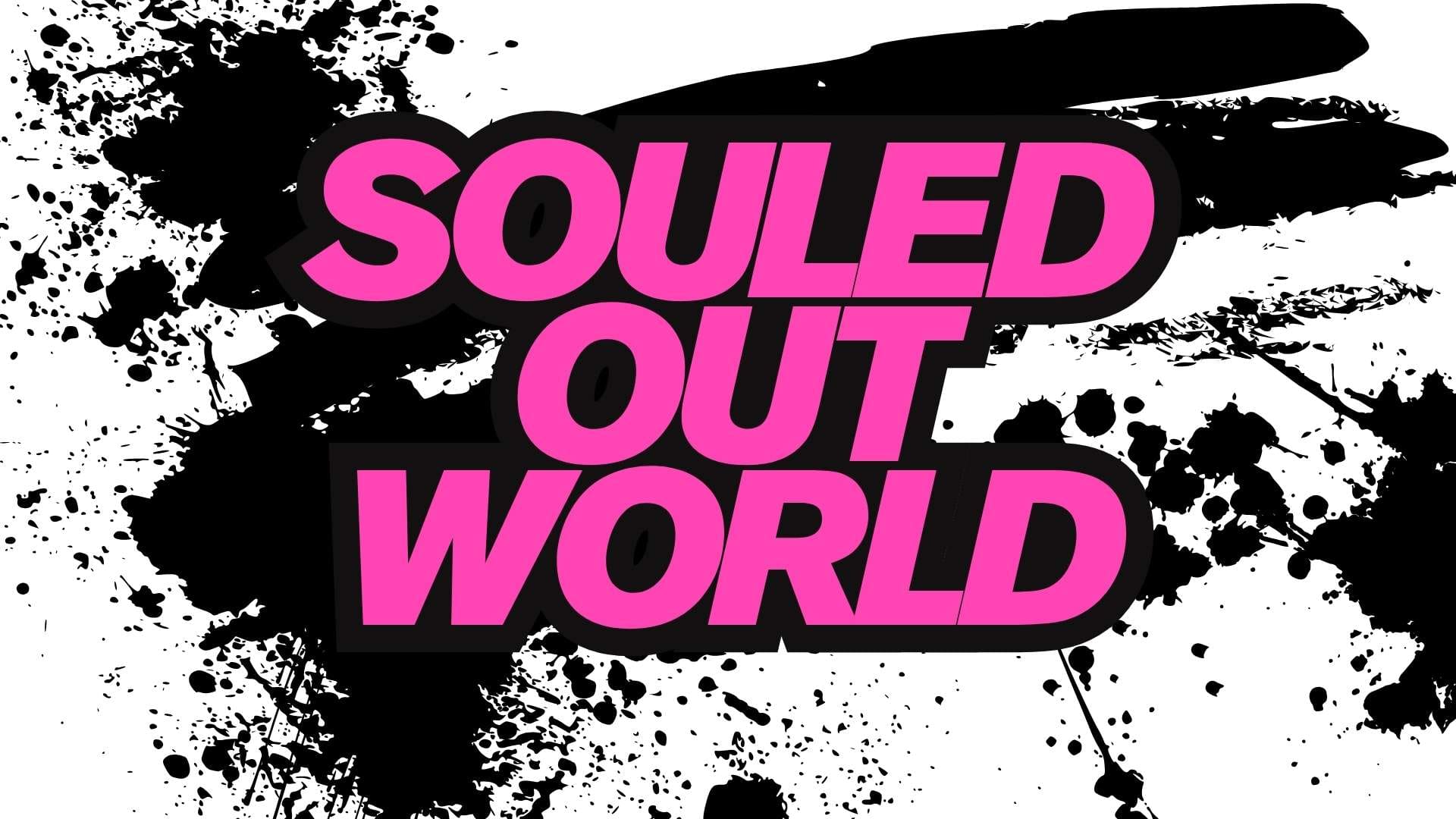





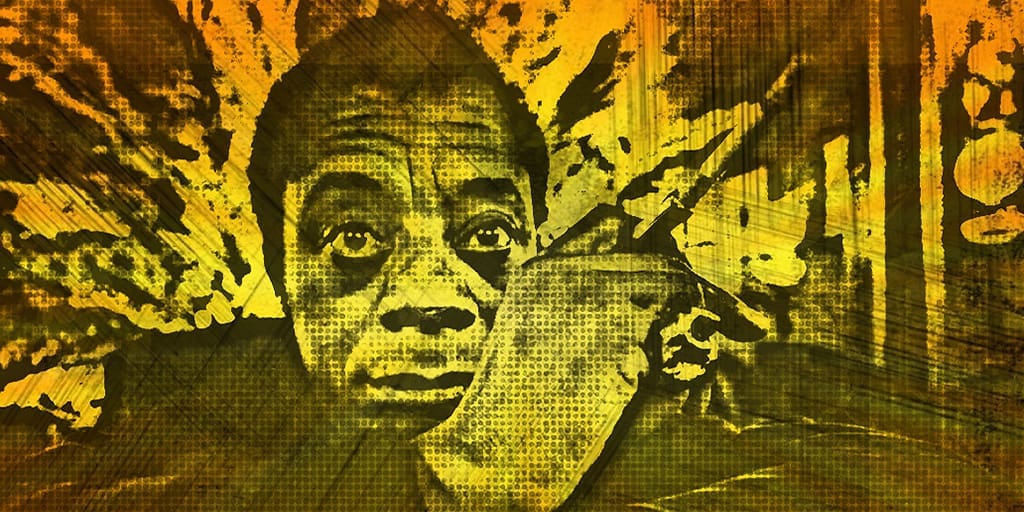

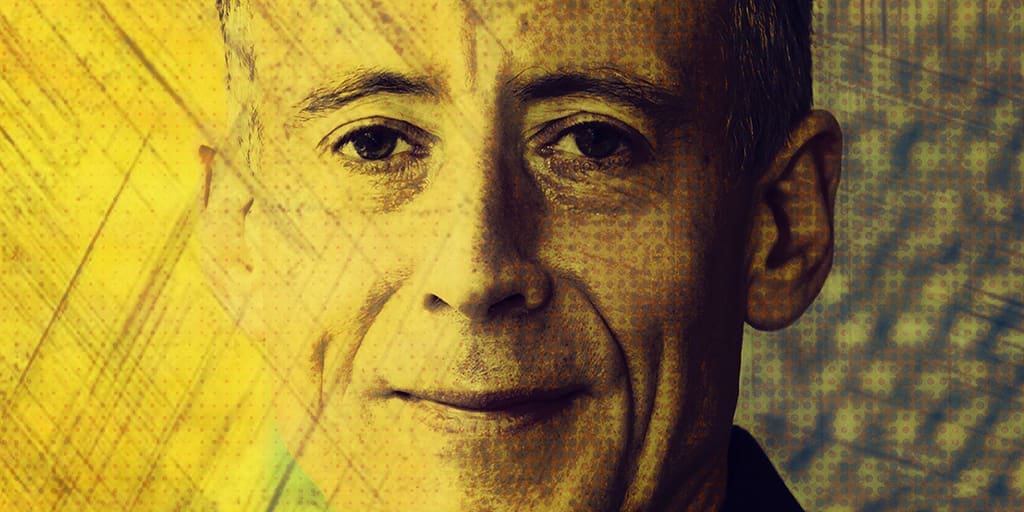
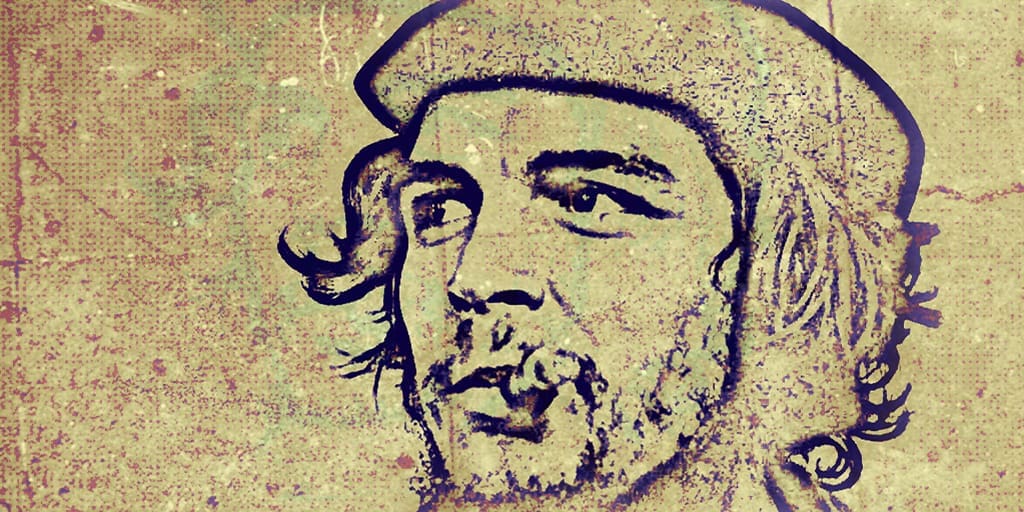


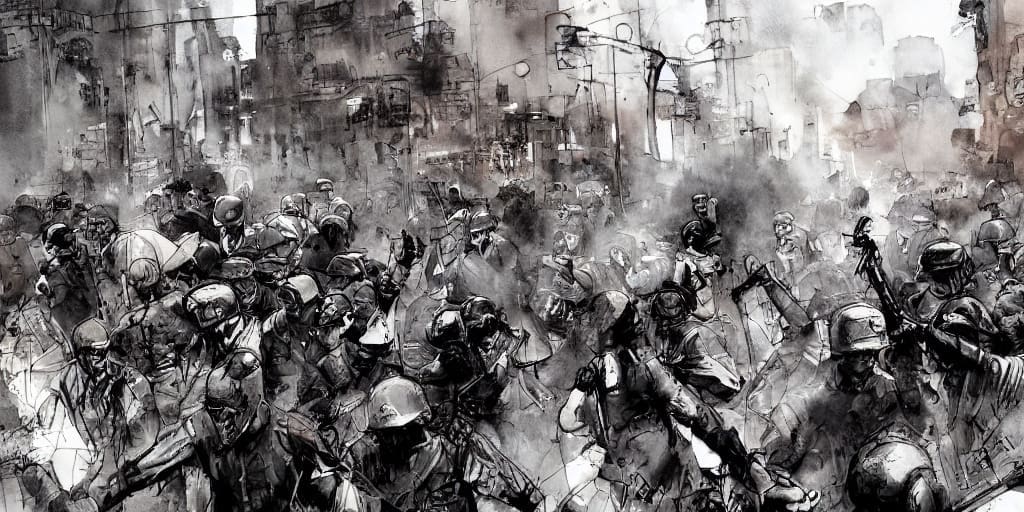






























What do you think?